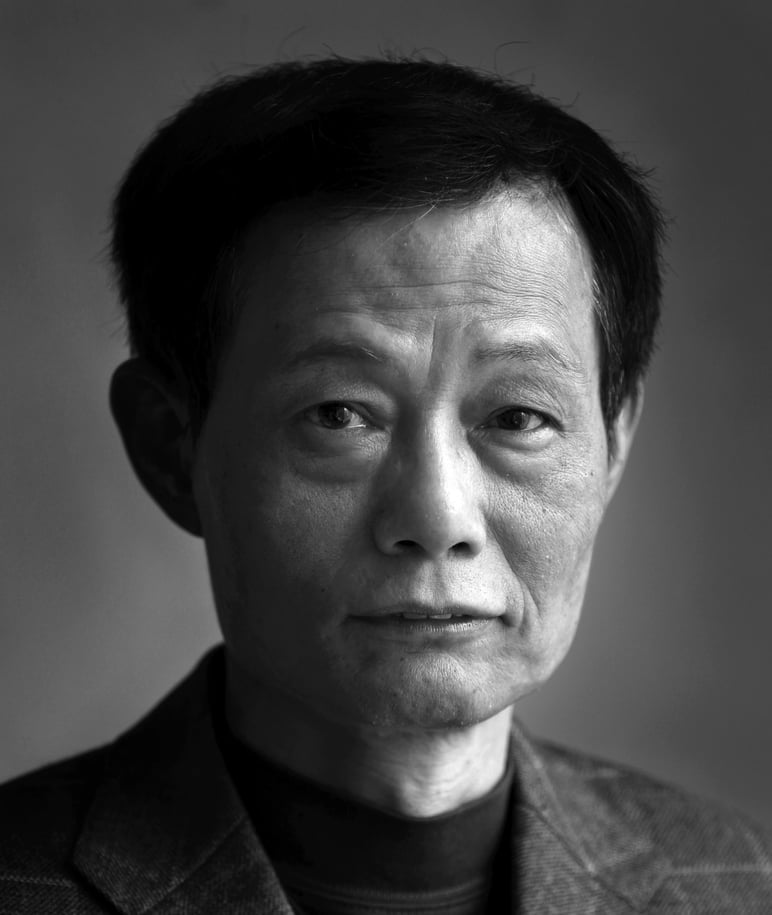
Can Xi Jinping plug the trust deficit in stalled US-North Korea nuclear negotiations?
- High-profile summits between Kim and Trump have ended in failure, with Pyongyang lifting its moratorium on nuclear testing. China, an acknowledged partner of influence in the region, should embrace its role as peacemaker
This is also the reason US President Donald Trump is seeking diplomacy to resolve the wrangle with his North Korean opponent Kim Jong-un over the nuclear issue, despite the failure so far of their multiple summits.
In these talks between the US and North Korea, each side’s objectives were clear: the US sought denuclearisation of the Korean peninsula, while North Korea wanted US assurances it would not try to overthrow Kim’s family rule. From the beginning, Washington and Pyongyang were largely agreed on these goals. But the stand-off came from their fundamental disagreement on the approach to reach them.
Washington had demanded that Pyongyang abandon its nuclear weapons entirely before US-led international sanctions were lifted. North Korea, however, wanted a step-by-step approach in which moves towards denuclearisation were matched by American concessions, specifically a relaxation of sanctions.
As Trump targets Iran, North Korea’s Kim would be wise to lie low
To get Washington to start gradually lifting the sanctions, Kim put a hold on North Korea’s nuclear tests and offered to abandon some of its nuclear facilities. But Trump rejected the approach of making reciprocal concessions, on suspicion that Kim’s limited concessions might be moves to buy time and not to denuclearise fully, as the US is demanding.
The saga suggests that trust is the key to successful negotiations; trust has been badly lacking between Washington and Pyongyang.
Under such circumstances, diplomatic mediation by a third party becomes critical. China might best fit such a role, as Beijing has the will and also the way to fulfil the duty.
Will China keeps its patience with North Korea in 2020?
As North Korea’s crucial lifeline supporter and sole ally, Beijing has leverage over the world’s most reclusive regime. Xi’s close relationships with both Trump and Kim could also serve to foster trust and calm the mutual suspicions between North Korea and the US.
Cary Huang is a veteran China affairs columnist, having written on this topic since the early 1990s

